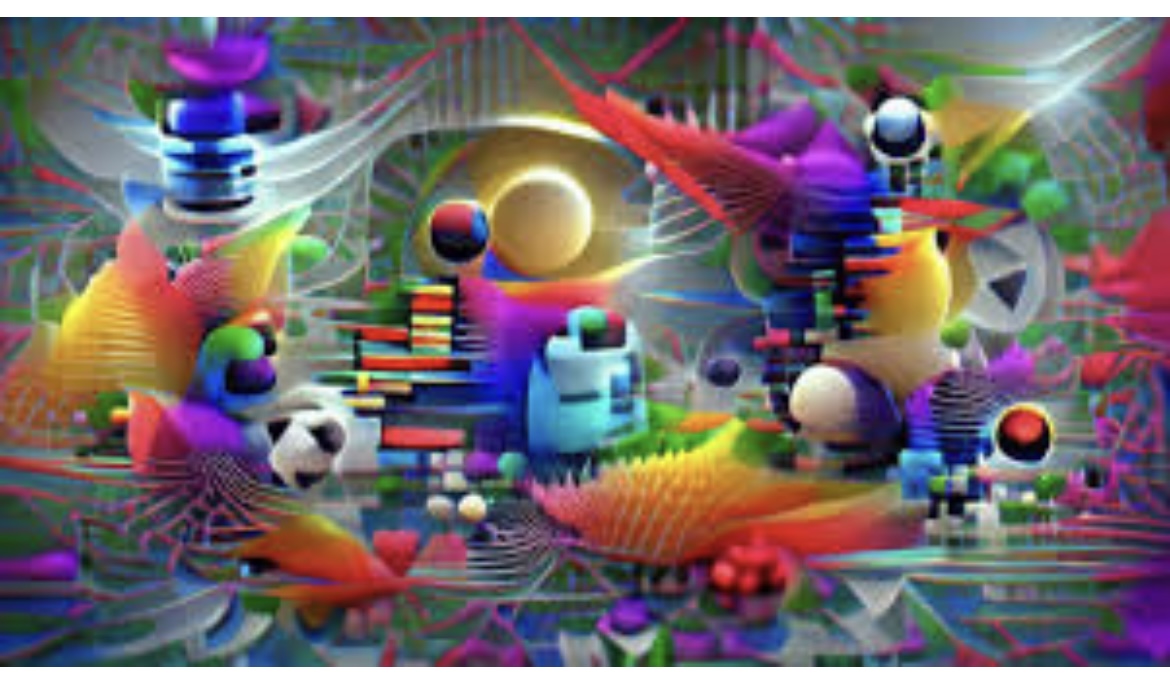In recent years, the convergence of gaming and blockchain technology has experienced a new wave of innovation in the online games industry. One of the fascinating developments to emerge from this intersection is the rise of Non-Fungible Tokens (NFTs), digital assets that represent ownership of unique items or collectibles on the blockchain. This article explores the effects of the NFT revolution, particularly within the world of gaming, examining concepts such as digital asset ownership, decentralized economies, the potential impact on game development, and the challenges. Additionally, it assesses the implications of NFT integration in online platforms like rummy app, illuminating new horizons for digital collectibles in gaming.
Understanding Non-Fungible Tokens (NFTs)
Non-Fungible Tokens, or NFTs, are unique digital assets that are stored on blockchain networks, making them tamper-proof and immutable. In contrast to transferable cryptocurrencies like Bitcoin and Ethereum, each NFT possesses distinct properties and cannot be duplicated. This characteristic has paved the way for the creation of digital collectibles, ranging from artworks to virtual real estate and, now, in-game items.
Ownership of Digital Assets
Traditionally, in the world of online gaming, players have interacted with virtual assets without true ownership. However, with the advent of NFTs, players can now truly own their in-game items, ranging from character skins to virtual real estate. NFTs, built on blockchain technology, provide a unique digital signature, certifying the authenticity and ownership of these virtual assets. This phenomenon has opened up new avenues for players to monetise their gaming experiences, as they can buy, sell, and trade digital collectibles with verified ownership.
A notable example of this trend is the integration of NFTs into popular online card games like rummy online. Players can now own unique digital card decks represented by NFTs, improving their gaming experience on a rummy app and providing a sense of ownership previously unseen in the online games industry.
Decentralized Economies Within Games
Another fascinating aspect of the intersection between gaming and NFTs is the emergence of decentralized economies within virtual worlds. Traditionally, game economies have been controlled by game developers, who dictate the value and availability of in-game assets. However, with NFTs, players have greater control over the virtual economy, as the value of digital collectibles is determined by supply and demand in a decentralized marketplace.
This shift towards decentralized economies has profound implications for game developers, as they must adapt to a new model where players have a stake in the virtual economy. Game developers are exploring innovative ways to integrate NFTs into their games, creating dynamic ecosystems where players can contribute to and benefit from the virtual economy.
Impact on Game Development
The integration of NFTs into gaming also poses challenges and opportunities for game development. On one hand, NFTs provide a new revenue stream for game developers as they can earn royalties from the sale of digital collectibles in secondary markets. This incentivises developers to create high-quality, engaging games that attract players and drive demand for in-game assets.
On the other hand, the integration of NFTs introduces complexities in game design and development, as developers must ensure effortless integration with blockchain technology while maintaining gameplay balance and fairness. Moreover, the nascent nature of NFTs poses risks in terms of scalability, security, and regulatory compliance, which developers must navigate as they explore this emerging frontier.
Furthermore, despite the potential benefits of NFT integration, there are also concerns regarding sustainability, accessibility, and environmental impact. The energy-intensive nature of blockchain technology has raised questions about its long-term viability and scalability, particularly in the context of mass adoption within the gaming industry.
Challenges and Future Outlook
As the NFT revolution continues to reshape both the gaming and digital collectibles landscapes, it faces several key challenges and exciting opportunities for the future. One significant challenge is the environmental impact of NFT transactions, particularly concerning energy consumption and carbon footprint. Developers and platforms are actively seeking sustainable solutions to mitigate these concerns. Additionally, issues of copyright infringement and ownership rights pose legal hurdles that must be addressed to ensure the legitimacy and security of digital collectibles.
Looking ahead, the future of NFTs in gaming holds immense promise. Integration with blockchain technology enables unprecedented ownership and interoperability, promoting new economies within virtual worlds. As developers innovate and refine their approaches, NFTs are poised to revolutionize in-game economies, asset ownership, and player experiences. With continued collaboration between stakeholders and advancements in technology, the intersection of gaming and digital collectibles will likely see continued growth and evolution, offering endless possibilities for creators and enthusiasts alike.
Conclusion
The intersection of gaming and NFTs represents an evolutionary shift in the online games industry, with profound implications for ownership, economies, and game development. As players embrace the concept of true ownership in virtual worlds, game developers must adapt to this new reality, utilizing NFTs to create immersive experiences and dynamic economies. While challenges remain, the potential of NFTs to revolutionize the gaming world is undeniable, paving the way for a new era of digital entertainment
👉 Click here to read the latest Gujarat news on TheLiveAhmedabad.com





